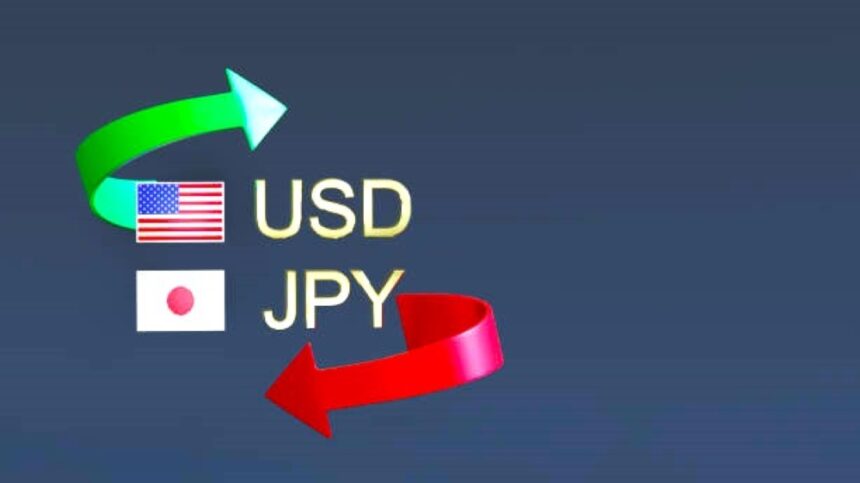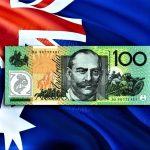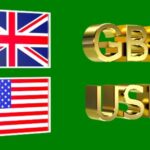Japnese Yen is falling due to the interest rate differential between the United States and Japan.
The Japanese yen (JPY) edged lower versus the US dollar (USD) on Tuesday. As global bond yields fell, reducing safe-haven demand for the JPY. Furthermore, the interest rate disparity between the United States. And Japan continued to push the Yen, which supported the USDJPY pair.
Kazuo Ueda, Governor of the Bank of Japan, stated that the central bank may raise interest rates if underlying inflation rises as projected.
Bank of Japan (BoJ) Governor Kazuo Ueda stated on Tuesday. That the central bank will conduct “nimble” market operations if long term interest Rates rise. Indicating the BoJ’s willingness to increase bond purchases as necessary. According to Reuters, Ueda also warned that if underlying inflation accelerates. As expected, the BoJ will modify the level of monetary support.
The US dollar strengthens as US Treasury yields rise.
The US Dollar Index (DXY), which measures the value of the US Dollar (USD). Against six other major currencies, edged higher as US Treasury yields improved. This increase can be attributed to a general risk-averse mentality preceding the release of Wednesday’s ADP Employment Change and ISM Services PMI statistics. Despite forecasts that the Federal Reserve (Fed) would not raise interest rates further. Putting downward pressure on US Treasury yields, the greenback may decline.
Daily Market Movers: Japanese Yen depreciates as investors remain cautious.
Reuters According to reports on Tuesday, Japan’s government will underline the issues that a weak yen brings to households in this year’s long-term economic policy plan. This emphasis on the Yen’s impact is expected to keep pressure on the Bank of Japan to either raise interest rates or curtail its massive bond-buying program.
The ISM Manufacturing PMI unexpectedly fell to 48.7 in May, down from 49.2 in April and lower than the prediction of 49.6. The US manufacturing sector contracted for the second consecutive month, marking the 18th time in the past 19 months.
Japanese Economy Minister Yoshitaka Shindo declared on Monday.
According to Reuters, Japanese Economy Minister Yoshitaka Shindo declared on Monday that the government will “continue efforts for primary balance to reach within surplus territory in FY 2025.” Shindo also voiced optimism, saying
This means “Real economic growth of 1.3% in FY 2025 is not so unrealistic.”
Japan’s Tokyo Consumer Price Index (CPI), reported on Friday, increased by 2.2% year on year in May, up from 1.8% in April. If overall inflation in Japan fell, the Bank of Japan (BoJ) would be less inclined to raise interest rates.
In an interview with Fox Business on Thursday, Atlanta Fed President Raphael Bostic emphasized that he does not believe additional rate rises are required to meet the Fed’s 2% annual inflation target. Furthermore, New York Fed President John Williams indicated to Reuters that inflation is currently too high but should begin to fall in the second half of 2024. Williams argues that monetary policy action is not urgently required.









